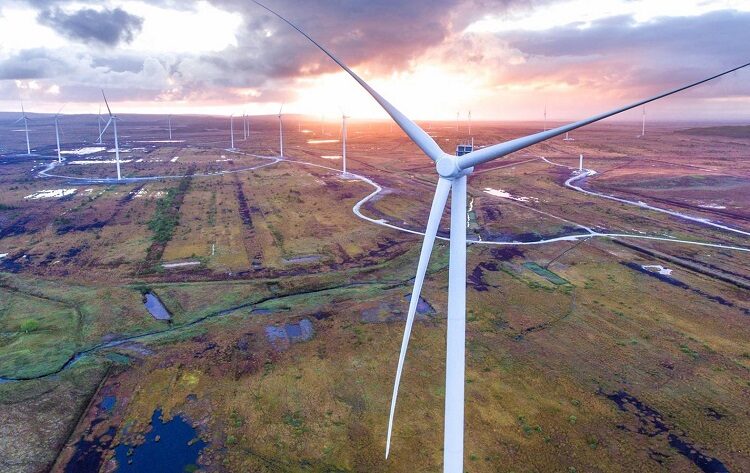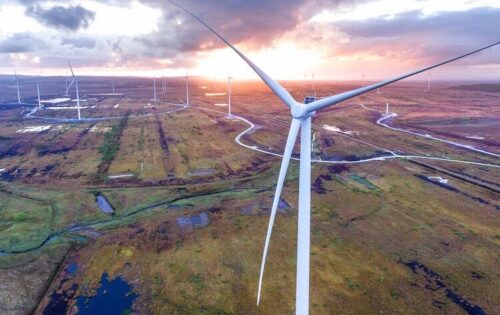UCD Energy Institute, host and lead of NexSys, has been recognized by the Higher Education Authority for its work on decarbonising energy systems.
The Energy Systems Integration Partnership Programme (ESIPP) was the Energy Institute’s previous flagship research program and ran from 2015 to 2022, which developed into Next Generation Energy Systems(NexSys) to continue multidisciplinary research and talent development for the energy transition, running from 2022 to 2026.
“The UCD Energy Institute has been proud to make a positive impact towards our societal goal of a net zero carbon future,” said Professor Andrew Keane, Director of NexSys and the UCD Energy Institute.
“Hosting large, multidisciplinary programmes such as ESIPP and now NexSys show the potential for advances in the energy transition when academics and industry work in partnership.”
With the energy transition being of ever-growing importance in Ireland and the world, NexSys is leading an all-island partnership with eight other leading research institutions to tackle the challenges of energy decarbonization.
The largest program component of NexSys is Energy Systems with four critical, connected research strands: cities and communities, Transport, Water, and Offshore Wind to define pathways to a net zero energy system.
Learn more about:
Higher Education Authority’s case study on NexSys, ESIPP, and UCD Energy Institute, which awarded UCD €833,333 in recognition of achievements in developing research talent and in supporting policy for the decarbonisation of energy in Ireland:
and
https://hea.ie/funding-governance-performance/managing-performance/institutional-stories-of-impact/university-college-dublin-2022/
UCD Energy Institute: https://energyinstitute.ucd.ie/
ESIPP (Energy Systems Integration Partnership Programme): https://esipp.ie/
 Image source: UCD News and Opinion
Image source: UCD News and Opinion

